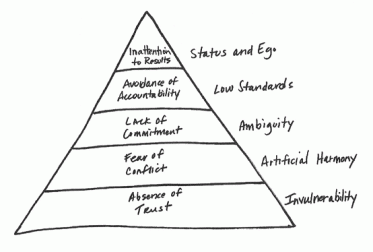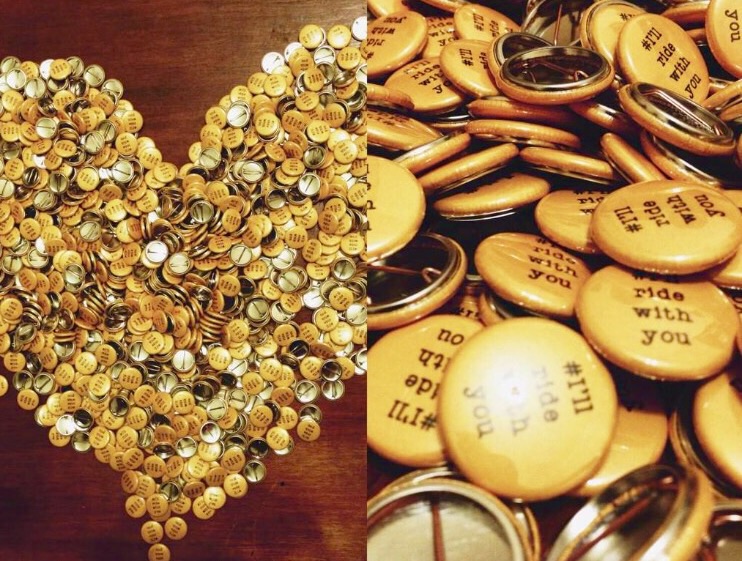In June this year my life took an unexpected turn. I had my parents (John & Jenny) visit from New Zealand, they said it was to visit Sam and I (but I knew the truth, my 2-year-old was the main attraction).
After an action-packed week of Aquarium and Zoo visits, and tramming their way all over Melbourne they were ready to go home.

One day before they were due to leave, Mum and I took John, my wonderful, kind, generous Stepdad, to the hospital after some headaches and confusion.
The outcome of that long ED visit was a Stage 4 GBM (brain cancer), brain surgery, chemo and radiation. Their short stay, arranged during school holidays, was then extended indefinitely as we fought this. They ended up staying with us an additional 9 weeks.
I cannot help but look at the past couple of months and see some of the best lessons of my life playing out.
The biggest part of that lesson for me was a personal one. Despite his diagnosis, despite the uncertainty and surgery and tears from us all, John has been unashamedly positive.
* Positive because of the incredible care he received at the Royal Melbourne.
* Positive because of the doctors, nurses and staff who took the time to care for him.
* Positive because, despite the circumstances, we had unexpected bonus-time as a family together, with my brothers and sister visiting from NZ and America.
* Positive because of the outpouring of love from family, friends, colleagues, strangers, and ex-students of my parents who sent messages of aroha and support from near and far.
* Positive in continually repeating that he’s lucky, he’s got a great life, and wife(!) and wonderful kids, it could all be so much worse.
John manages to find good in everything, and everyone. (after you meet his Mum, Nana Jean, you know where this comes from). The one nurse who during his time in hospital was a little short, hungover and on her phone? He refused to complain, because “you don’t know what’s going on in someone’s life, she might be having a really hard time”. John is the definition of positivity and love. I’m so fortunate that he came into our lives when I was a kid.
The second biggest lesson was what I experienced, along with each member of my family during a really tough time. My parent’s employers (Devon Intermediate, and Frankley School in NZ) were both amazing. They made organising time off easy and they sent messages full of love and hope. They sent tins of tea and flowers and fruit. They contacted us and asked what would help and listened.
My work (bloom hearing specialists), and, in particular my direct manager, have been nothing but incredible. While I’ve been on the HR-end of many crises, that’s not the same of the overwhelming sense of thankfulness you get when your manager makes it clear that there’s nothing that matters more than being there with your family. When your colleagues forgive your absentmindedness and don’t mention your horrendous eyebags/unkempt hair after another sleepless night. When you are encouraged to do what is right for you and your family, knowing it really is OK.
This post is part thanks, and part encouragement. Encouragement to do what you know is right, and treat others with empathy and love. At the time you might not consider it something monumental, especially when you know someone is going through *big* things. But every message, every small gesture meant an incredible amount to us as we grappled with all we had to deal with during this time, and it won’t be forgotten.
* John & Jenny have now returned to New Zealand, leaving our two-bedroom house very quiet.



